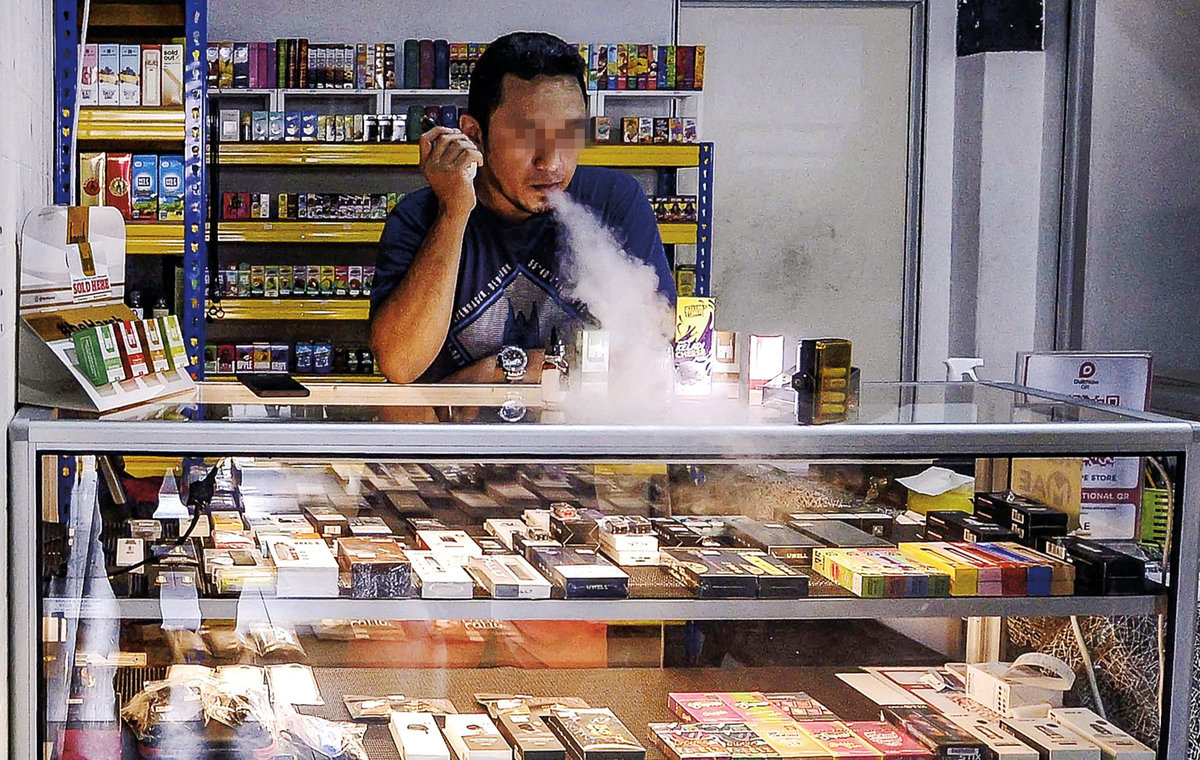GEORGE TOWN: Concerned over the growing availability of drug-laced vape products among youths, the Consumers Association of Penang (CAP) is seeking the support of Malaysia’s royal institutions to strengthen calls for a nationwide ban on vaping.
CAP senior education officer N.V. Subbarow said letters addressed to all state rulers will be sent tomorrow, appealing for urgent attention to the issue.
A personal appeal has also been made to the Sultan of Selangor Sultan Sharafuddin Idris Shah.
“We believe the royal institutions can help push the government to act,” Subbarow told theSun.
The initiative follows recent data revealing that 70% of 96 vape-related investigation papers opened since early 2024 involved synthetic cannabinoids and amphetamines.
Subbarow expressed concern that enforcement efforts are not keeping pace with the evolving nature of vape-related substances and their availability.
“Already one year has passed but no action has been taken over the 96 cases. Furthermore, 70% illegally contain synthetic cannabinoid and amphetamine drugs. What further proof do the authorities need?” he said.
Subbarow was responding to remarks by Health Deputy Minister Lukanisman Awang Sauni on July 13, who confirmed that the 96 cases were opened between January 2024 and March, with most involving banned substances found in vape liquids.
Lukanisman said the ministry is enhancing cooperation with the police and relevant enforcement agencies to address the issue more comprehensively.
While welcoming these efforts, Subbarow hopes more concrete measures will be introduced to safeguard young Malaysians, particularly schoolchildren, who have reportedly become targets of vape sellers.
He also referenced warnings issued earlier by former deputy inspector-general of police Datuk Seri Ayob Khan Mydin Pitchay.
In April, Ayob Khan cautioned state governments about the increasing misuse of synthetic drugs among youths, including fentanyl – a powerful opioid reportedly found in some vape liquids.
Subbarow noted that many countries have moved to ban or tightly regulate vaping due to its association with youths’ addiction and illegal drug use.
Citing international research, he said 65% of vape products tested contain banned substances such as methamphetamine and ecstasy.
“Vaping is more dangerous than smoking. We must aim for a no-vape generation,”
he said.
He also expressed concern over prolonged delays in policy decisions, warning that time allows harmful products to reach more youths.
“The younger generation is keen to taste new drugs, just to have a happy moment.
“They want a zombie lifestyle, not a healthy lifestyle.”
Subbarow said CAP supports a total ban on vape and e-cigarette products in Malaysia, and urged swift measures to limit their availability in the interest of public health.









